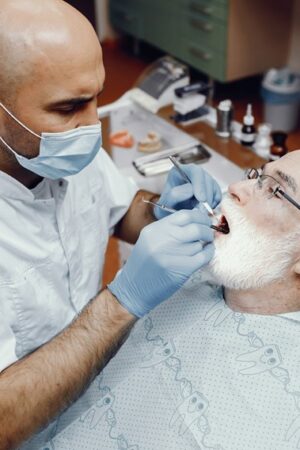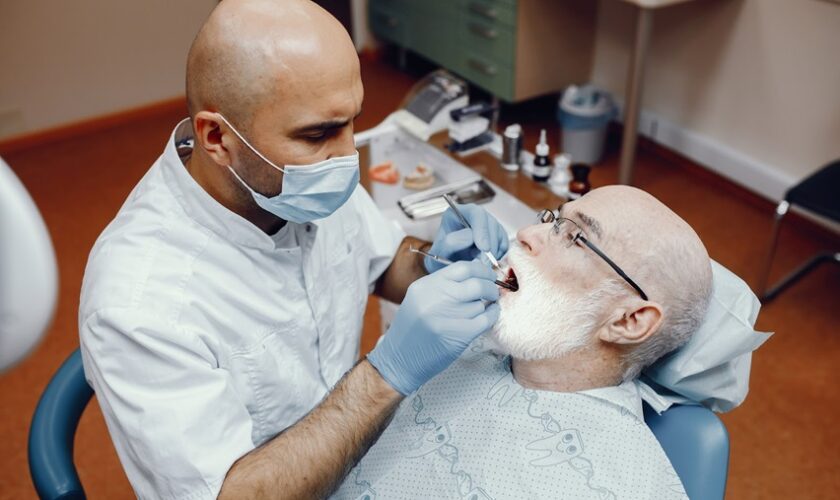Parents often feel anxious about their child’s dental health. Pediatric dentistry focuses on children’s teeth, making it easier to give them effective care. You need to schedule a dental visit when your child’s first tooth appears or by their first birthday. Early visits help prevent issues and create comfort with dental care. Your child’s dentist will check for cavities, assess bite development, and offer guidance on oral hygiene. This guidance includes brushing techniques, flossing tips, and dietary advice for strong and healthy teeth. Consistent dental visits also help spot any early signs of trouble. If you discover dental pain or infection, Richmond endodontics can help provide immediate care to ensure your child’s comfort and health. Empower yourself with this knowledge to protect your child’s smile. Be proactive. You create a foundation of lifelong dental health by taking these steps. Good habits today will ensure a bright future for your child.
Importance of Early Dental Visits
Early dental visits set the stage for a lifetime of healthy teeth and gums. The American Academy of Pediatric Dentistry recommends a first dental visit by age one. These visits reinforce the importance of oral hygiene and establish a positive relationship with the dentist. Early intervention can also catch bite abnormalities or gum issues early, preventing more severe problems later.
Key Components of Pediatric Dental Care
- Regular Checkups: Schedule visits every six months for cleaning and exams.
- Brushing and Flossing: Teach your child to brush twice daily and floss daily.
- Dietary Choices: Encourage calcium-rich foods and limit sugary snacks.
- Fluoride Use: Use fluoride toothpaste to strengthen tooth enamel.
Common Dental Issues in Children
Children face unique dental challenges. Tooth decay is the most common. According to the CDC, 20% of children aged 5 to 11 have untreated cavities. Dental injuries from sports or accidents are also common. Identifying and addressing these issues early prevents further complications.
Table: Comparison of Pediatric Dental Concerns
| Concern | Prevention | Treatment |
|---|---|---|
| Cavities | Limit sugar, regular brushing | Fillings, fluoride treatments |
| Gum Disease | Brush and floss, dental visits | Professional cleaning, scaling |
| Injuries | Use mouthguards for sports | Depends on injury severity |
Calming Dental Anxiety
Dental anxiety is common in children. Create a calm and cheerful atmosphere by reading dental storybooks or playing pretend dental visits. During the actual visit, use calming words and reassure your child. Encourage questions, and the dentist will explain each step of the visit.
Role of Nutrition in Dental Health
Nutrition plays a role in maintaining healthy teeth. Foods rich in calcium and phosphates support tooth structure. Crunchy fruits and vegetables naturally clean teeth and gums. Limit sugary snacks and drinks to prevent decay. For more detailed guidance, the USDA’s Choose My Plate offers excellent resources on balanced nutrition.
Managing Dental Emergencies
Dental emergencies include toothaches, broken teeth, or knocked-out teeth. Stay calm and contact your dentist immediately. Keep a knocked-out tooth moist while seeking care. A quick response can save the tooth and prevent further damage.
Conclusion: Building a Lifetime of Healthy Smiles
Understanding pediatric dentistry equips you to guard your child’s oral health. Routine care, education, and healthy habits are your tools. By taking these steps, you ensure your child grows with strong and happy teeth. Your actions today build a lifetime of bright smiles.












